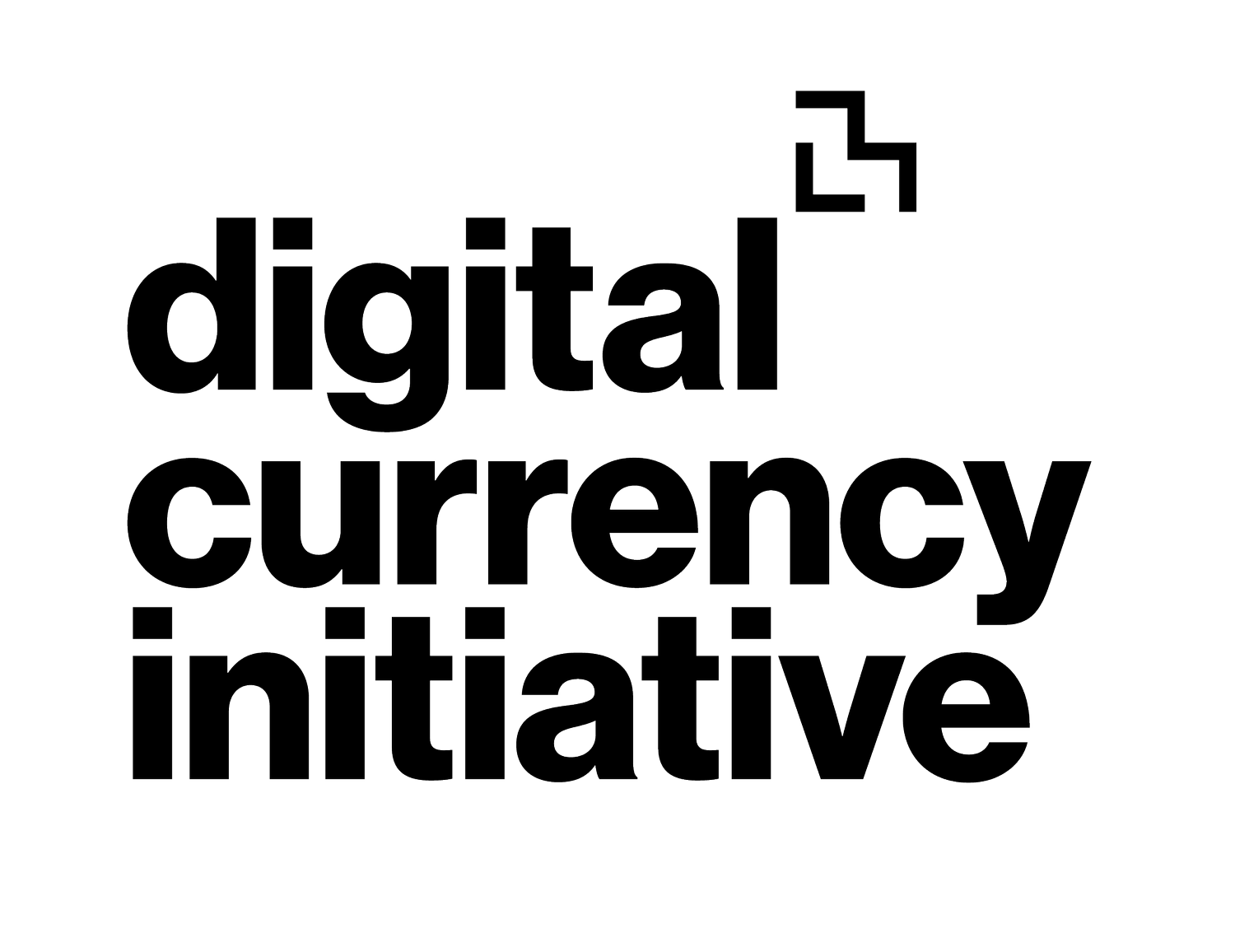
This is how Bitcoin works
Neha Narula, director of the MIT Digital Currency Initiative, helps PBS NewsHour understand how Bitcoin and cryptocurrencies work. Watch the video below or read the transcript interview with Neha, "This is how Bitcoin works."

In blockchain we trust
The dot-com bubble of the 1990s is popularly viewed as a period of crazy excess that ended with hundreds of billions of dollars of wealth being destroyed. What’s less often discussed is how all the cheap capital of the boom years helped fund the infrastructure upon which the most important internet innovations would be built after the bubble burst.
Initial Coin Offerings and the Value of Crypto Tokens
This paper by Christian Catalini and Joshua Gans explores how entrepreneurs can use initial coin offerings — whereby they issue crypto tokens and commit to accept only those tokens as payment for future use of a digital platform — to fund venture start-up costs.
zkLedger: Privacy-Preserving Auditing on Distributed Ledgers
Auditing and financial oversight are critical to proving institutions are complying with regulation. This paper presents zkLedger, the first system to protect ledger participants’ privacy and provide fast, provably correct auditing.
The Truth Machine: The Blockchain and the Future of Everything
In The Truth Machine, Michael J. Casey and Paul Vigna demystify the blockchain and explain why it can restore personal control over our data, assets, and identities; grant billions of excluded people access to the global economy; and shift the balance of power to revive society’s faith in itself. They reveal the disruption it promises for industries including finance, tech, legal, and shipping.
Christian Catalini on the business of blockchain and cryptoeconomics
Christian Catalini is one of the world's leading academics on the business and economics of blockchain technology and cryptocurrency. Here are a few of his publications.

WIRED features the Lightning Network, DCI research scientist Tadge Dryja
Tadge Dryja, research scientist at the MIT Digital Currency Initiative, is featured in this recent WIRED article by Sandra Upson, "The Lightning Network Could Make Bitcoin Faster—and Cheaper." Tadge continues to lead the development of Lightning, now with us at the MIT Media Lab.

Welcoming former CFTC chair Gary Genlser to the DCI
Gensler, former Chair of the Commodity Futures Trading Commission (CFTC), will teach graduate classes at MIT Sloan on public policy and the private sector, as well as on the functioning of global markets. He will also work with Media Lab Director Joi Ito, including as senior advisor to the Lab's Digital Currency Initiative and the Ethics and Governance of AI (Artificial Intelligence) project.

Our response to the MIT Technology Review article on IOTA
On Friday, MIT Technology Review published an article on the cryptocurrency IOTA. The headline stated that the currency “could outperform Bitcoin.” However, we here at the MIT Media Lab have issues with the story.
Blockchain: Digitally Rebuilding the Real Estate Industry
There are tremendous potential applications for blockchain technology, an innovative distributed ledger database system, within the real estate industry. This paper explores the recording of property titles.
Back to the Future: the Decentralized Web
The Web has steadily evolved into an ecosystem of large, corporate-controlled mega-platforms which intermediate speech online. In this report we explore two important ways structurally decentralized systems could help address this.

The Potential for Blockchain to Transform Electronic Health Records
Imagine that every EHR sent updates about medications, problems, and allergy lists to an open-source, community-wide trusted ledger, so additions and subtractions to the medical record were well understood and auditable across organizations.

The Blockchain Will Do to the Financial System What the Internet Did to Media
We might best understand Bitcoin as a microcosm of how a new, decentralized, and automated financial system could work.
Catena: Efficient Non-equivocation via Bitcoin
Catena enables applications to start their own "micro-blockchain" within a blockchain like Bitcoin. A paper by Alin Tomescu and Srini Devadas, MIT CSAIL
Blockcerts and the Digital Certificates Project
An incubation project by the Media Lab Learning Initiative and Learning Machine that builds an ecosystem for creating, sharing, and verifying blockchain-based educational certificates. Digital certificates are registered on the Bitcoin blockchain, cryptographically signed, and tamper proof. All code is open-source and we invite feedback, contributions, and general discussion.
The Blockchain Border Bank
The Blockchain Border Bank project aims to rapidly prototype an integrated business, legal and technical approach to provide valid, usable identity and access to enduring economic independence for those who need it most.
Blockchain rights management with the Open Music Initiative
In partnership with the Berklee College of Music, Harvard Berkman Center, and several industry partners in the Open Music Initiative, we are investigating the design of a blockchain-inspired open and interoperable digital rights management platform.
The Application of Digital Identity in the United States
In this draft paper by graduate researchers Keith Duffy, Pasha Goudovitch, and Pavel Fedorov, the authors explore the potential for blockchain technology to improve digital identity in the United States.
MedRec: A Case Study for Blockchain in Healthcare
In this paper, we propose MedRec: a novel, decentralized record management system to handle EHRs, using blockchain technology.
